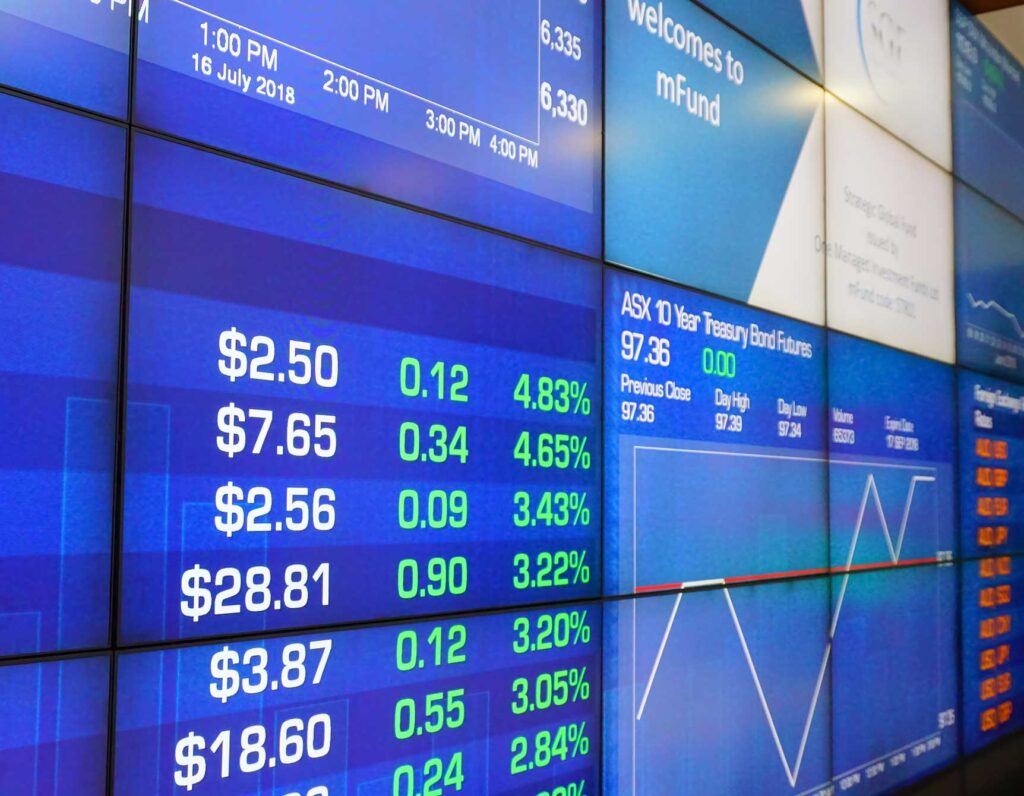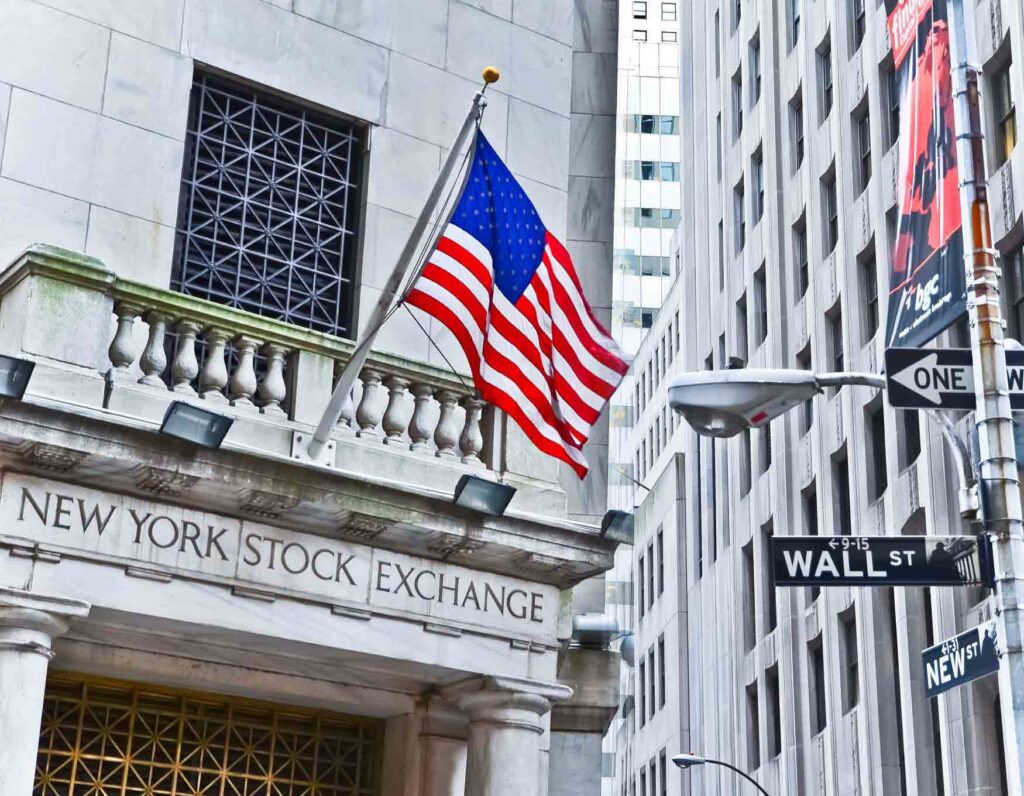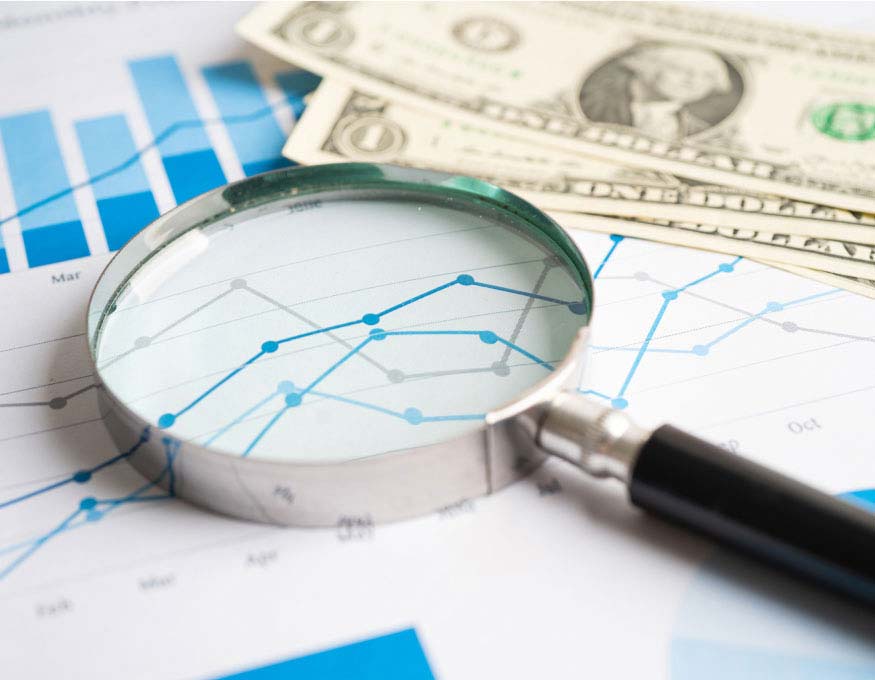Scan this article:
An initial public offering (IPO) can be one of the most exciting events on a stock exchange as a company opens itself up to potential shareholders around the world.
But what is it and why might it interest investors?
What is an IPO?
There are broadly speaking two types of companies: publicly-listed and private ones. The distinction between them is pretty simple.
Publicly-listed companies trade on share markets meaning that anyone with a broker like Superhero can easily buy and sell shares in them. Private companies on the other hand aren’t listed on an exchange, instead taking investment from other sources such as venture capital (VC) funds or angel investors. This often means the average investor isn’t able to buy a stake in them.
While most companies start private, they can sometimes grow to a point where it might make sense for them to trade publicly, bring new investment in and grow the business. If they decide to do so, they conduct an initial public offering (or IPO) to list on a certain exchange. Suddenly a private company becomes a listed company and anyone can become a shareholder.
This is sometimes also referred to as a ‘public float’, a ‘public listing’ or ‘going public’.
What’s the big deal about IPOs?
If you’re familiar with a product or service, you might see firsthand the potential of the business that provides it. If you’re a big fan of iPhones for example, you might believe in Apple and be inclined to buy shares.
Of course, this is easier said than done if the business you like is private– unless they IPO.
It’s also part of the reason why the IPOs of consumer-facing companies are often the most hyped as retail investors get the chance to own a piece of the pie. Recent examples might include Bumble (2021), Airbnb (2020), Uber (2019) and Facebook (2012).
When those companies list on an exchange, or ‘go public’, investors are suddenly able to trade them. For businesses that are playing in a new or emerging industry, the potential growth can be especially attractive.
This might apply to EV companies such as Tesla (2010) and Rivian (2021) or cryptocurrency exchanges like Coinbase (2021).
What are the risks and rewards?
As companies make their first initial steps into the share market, it’s unclear whether they will sink or swim. They haven’t yet tested share market appetite and haven’t generally been as heavily analysed.
Companies also go public at a valuation and share price determined by their investment bank. If they have been priced too generously they may suffer a correction during their IPO. Equally if they’re priced too low, they might surge on day one.
There have been many big IPOs over the years with some investors who ‘got in early’ and held on, making handsome profits.
For example, with the gift of hindsight we can calculate that $1,000 worth of shares during the IPO of Apple (1980), Microsoft (1986), or Amazon (1997) would be worth millions today.
This is why markets pay special attention to IPOs as investors try to decide whether or not a newly-listed company is a buy or a bust.
Naturally others may fall into the latter category. Rivian had arguably one of the biggest IPOs last year. Within the space of its first month, its share price more than doubled. However it has since fallen to less than half of its IPO price.
How do I buy a new listing?
The short answer is: the same way you do any other company.
When a big company goes public, they’ll usually appear on Superhero as soon as they begin trading. You’ll typically be able to find them via the Superhero app and begin buying and selling on that first day.
How do I find out what IPOs are coming up?
Each exchange, including the ASX, Nasdaq and New York Stock Exchange, tends to publish its own list of upcoming IPOs ahead of time. Many names meanwhile are usually highlighted by financial media in the lead-up to their listings.

Become a part of
our investor community
Why you should join us:
- Join free and invest with no monthly account fees.
- Fund your account in real time with PayID.
- Get investing with brokerage from $2. Other fees may apply for U.S. shares.
Read our latest articles
Make knowledge your superpower and up your skills and know-how with our news, educational tools and resources.

























